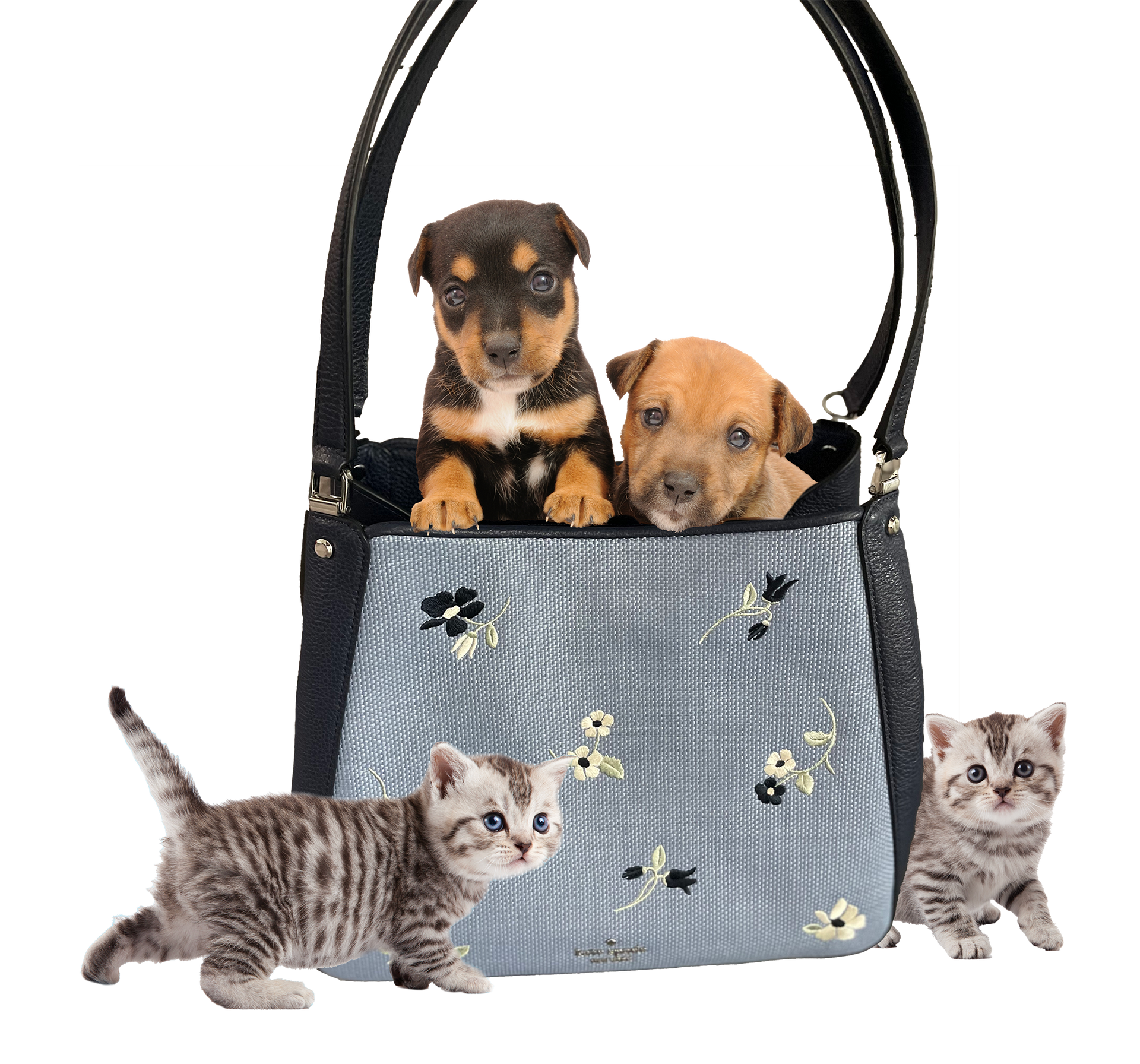THE CAROLINE COUNTY HUMANE SOCIETY BARN CAT PLACEMENT PROGRAM INFORMATION.
We are looking for cat lovers who have a barn or other secure outdoor structure that are interested in adopting cats that are not suitable for life inside of a house or are unhappy living inside. Cat temperaments range from feral to friendly.
If you would like more information or want to fill out an application to adopt barn cats (to complete the Online Application click here.) , call 410-820-1600 or email info@carolinehumane.org.
This program is designed to find homes for cats that have traditionally been deemed un-adoptable through our "normal" adoption procedures.
Barn cats benefit their caretakers! Supporting a barn cat is the safest way to control the rodent populations in your barn. There are no poisons for children and pets to get into, and no need to set nasty traps. They will help keep rodents away from grain and food storage areas, and you'll enjoy the satisfaction of giving them a much-needed home! Consider adopting a barn cat. We will assist your while the cats settle into their new home.
What will you provide?
- A warm, secure, dry barn or building in which the cats can live out their lives.
- The commitment and ability to keep the cats confined to a crate or exercise pen with a wire top for up to four weeks to acclimate them to their new environment before release.
- A clean litter box that is scooped and/or cleaned daily while confined.
- A constant supply of dry food and fresh water. While confined, and for a short while after release, you will provide a small amount of canned food daily. What cat can resist that?
- Monitoring and providing for the safety and well-being of the cats as their caretakers.
- The willingness to trap and vaccinate the cats once every three years, and to provide licenses veterinary care in the event of a severe injury or illness.
- Spending time daily making verbal contact with the cats so that they become familiar with you.
Why do they have to be confined for the first 2-3 weeks?
Cats need to be confined initially in their new home for at least 2-3 weeks in order to familiarize the cats with their new environment, so that they will remain on the premises. Even though there are instances of cats remaining when they have escaped upon arrival, this is rare and most cats will take off, never to be seen again.
Some people see confinement as cruel, but a short confinement period is a very necessary part of the relocation process.
Not confining the cats and having them run off could mean a far worse fate for the cats. You should know that during the first day or two, the cats may struggle to find a way out. Most cats will settle down in the cage after a day or two, when they realize that no harm will befall them.
What will CCHS provide?
- All cats will appear to be in good health and have had a brief, general exam by a vet
- All cats will be leukemia/FIV tested
- All cats will be spayed or neutered prior to placement
- All cats will be vaccinated against FVRCP and Rabies
- All cats will be examined and treated for fleas and ear mites prior to placement
- All cats will be ear-tipped
- CCHS will provide a secure extra-large crate or playpen with wire mesh top for confinement of barn cats for up to three weeks. CCHS will also provide smaller, plastic crates to be placed inside the enclosure as a "hiding" place for your barn cat while confined.
- CCHS will deliver and set up the cats in their new environment and will provide detailed instructions on safely confining, releasing and maintaining the barn cats. We will work with you to determine the best location for the crate or exercise pen.
Why two cats?
Alley Cat Allies recommends that at least two cats always be moved together. They should be cats who have formed a bone or at least get along with each other. The move will be less traumatic and adjustments to their new home easier if they have the security of one or more trusted companions.
What if the cats don't like their new home?
They will like the regular food and water you provide (cats cannot live on mousing alone). They may even begin to show affection. The key to success will be your patience while they adapt to the sights, sounds and smells of their new surroundings. Continue to speak softly to them, try hand feeding treats, and leave a radio on to help them get used to humans talking and singing.
This program is designed to find homes for cats that have been deemed un-adoptable through our "normal" adoption procedures.
If you would like more information or want to fill out an application, you can complete one online or call 410-820-1600 or email info@carolinehumane.org



